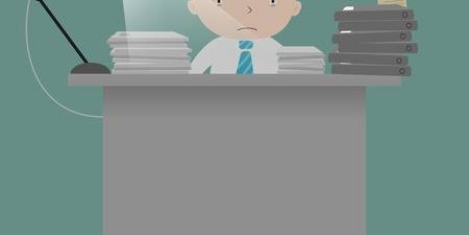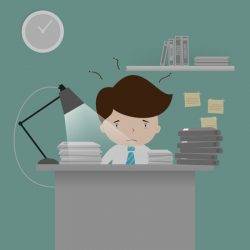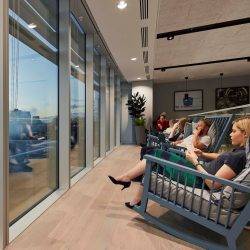February 1, 2017
Excessive unpaid overtime contributing to worker’s stress levels, claims survey 0
Almost three quarters (71 percent) of office staff are so overwhelmed with work they have to put in an 180 extra unpaid hours every year, according to a survey from Printerland. British workers spend on average, an extra 44 minutes every week – that’s 36 hours annually – checking emails, answering phone calls and completing other tasks outside their contracted hours. Over 51 hours a year are spent working late, with two thirds (63 percent) of staff still in the office after hours at least once a week, while 6 percent never go home on time. Many employees are also dining ‘al desko’, with average through lunchtime 2 days a week totalling 93 hours a year, while over half (53 percent) don’t escape the office for the entire day and 16 percent don’t get any screen breaks all day.












































January 20, 2017
The facts about sit stand work are already lost in the stream of narrative 0
by Mark Eltringham • Comment, Knowledge, Wellbeing, Workplace design
More →